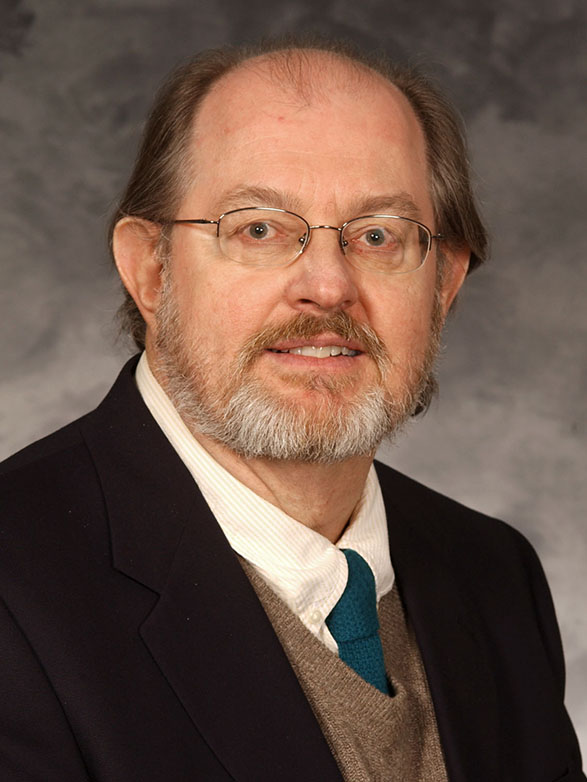A pioneer in advanced engine research
Rolf Reitz is a pioneer when it comes to internal combustion engines. The foundations he has laid have led to cleaner, more efficient engines. The Professor Emeritus from the University of Wisconsin will be giving this year's Aurel Stodola lecture.

Rolf Reitz’s stellar career began in the 1970s. During his research work at Princeton University, General Motors Research and the Courant Institute of Mathematical Sciences in New York, Reitz developed innovative new models for the two-phase flows found in today’s combustion engines. He also developed methods that led to a deeper understanding of complex processes for academic research, and industry has benefited from efficient instruments that paved the way for the development of low-emission engines.
The Professor Emeritus of Mechanical Engineering at the University of Wisconsin will receive this year’s Aurel Stodola Medal from the Department of Mechanical and Process Engineering (D-MAVT). In honour of the occasion, the South African-born scientist will be giving the Aurel Stodola Lecture at ETH Zurich this coming Wednesday, 9 November (see box).
“Rolf Reitz possesses the unique ability to transform the latest scientific findings into real tools,” says David Norris, Professor of Optical Materials and Head of D-MAVT. This will potentially enable the industry to develop more environmentally friendly products and play an important role in solving socially relevant problems. “Reitz is thus carrying on the engineering tradition in the spirit of Aurel Stodola, the former ETH professor and namesake of the award,” explains Norris.
A variety of research focuses
Rolf Reitz also studied the mechanisms of reaction kinetics – the complex dynamics of critical chemical reactions affecting the ignition processes in modern engines. His models and findings are not only found in standard textbooks; they are still widely used in the automotive industry today. Most common fluid dynamic simulations use modelling of reactive two-phase simulations that are based on his extensive research.
In the early 1990s, Rolf Reitz joined the Engine Research Center at the University of Wisconsin, which quickly evolved to become one of the world’s most prominent centres for engine research. Emeritus status notwithstanding, Reitz has continued his research; his most recent work focuses on the concept of controlled autoignition achieved through a mixture of fuels with different reactivities. During his honorary lecture, Reitz will explain this concept, which not only significantly improves combustion efficiency, but also greatly reduces the emission of pollutants such as soot.
Aurel Stodola Lecture 2016
The annual Aurel Stodola Lecture commemorates the life and work of ETH professor Aurel Stodola, whose early 20th century work in the field of technical thermodynamics influenced a generation of engineers. In addition to the ground-breaking work in energy-producing machines, Stodola will also go down in history as the inventor of the first mechanical prosthesis, or what is known as the “Stodola Arm”. For the lecture, the Department of Mechanical and Process Engineering invites prominent figures with an international reputation for their achievements in the fields of mechanical engineering and process engineering.
Rolf D. Reitz: Reactivity Controlled Compression Ignition (RCCI) for high-efficiency clean IC engines
- Wednesday, 9 November 2016, 3.00 – 4.15 p.m.
- ETH Zurich, Main Building, Audimax (F 30), Rämistrasse 101, 8006 Zurich
- The lecture is free and open to the public